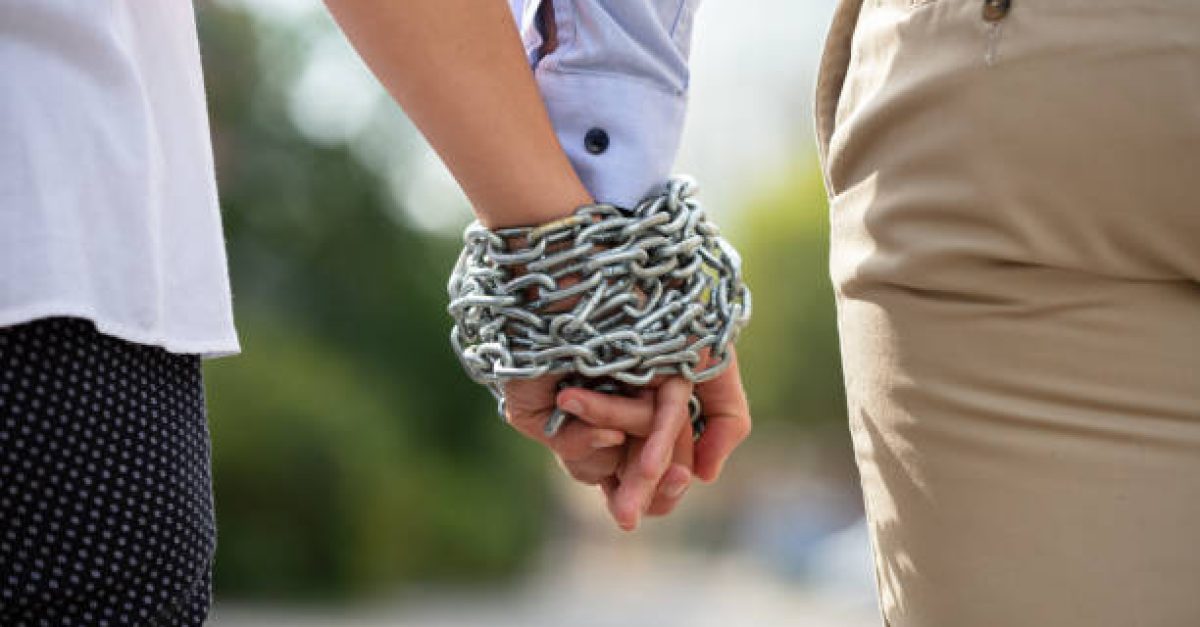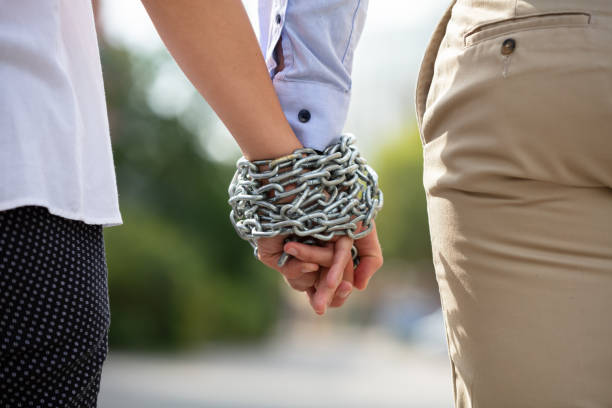Codependency is an intricate emotional and behavioral disorder that makes it difficult for a person to lead a happy, healthy relationship with another person. Codependency can result in problematic habits in present and future relationships and is frequently the result of family dynamics or previous partnerships. The first step to recovery and the development of healthier relationship patterns is realizing codependency traits. In this article, we examine ten essential characteristics of a codependent person and offer suggestions for resolving these tendencies using tools like Pennsylvania Behavioral Health.
1. Overindulgence in Maintenance
Codependent people frequently feel pressured to prioritize the needs of others over their own. Beyond providing good support, this overindulgent caring turns into a fixation with solving other people’s issues.
2. Low Self-Regard
In low self-esteem, codependency is typified. Codependents frequently feel inadequate or undeserving of affection themselves. They may rely their value on their capacity to satisfy or be required by others.
3. People-Meeting
Because of their intense need to keep others happy and avoid confrontation, even at the expense of their own needs or well-being, codependents frequently find it difficult to say no.
4. Difficulty Defining Limits
Healthy boundaries are often tricky for codependents to establish because they find it difficult to discern between their demands and those of others.
5. Reliance on Others to Determine One’s Worth
Being required by others is central to their sense of purpose and self-worth. This creates a habit of establishing or sustaining relationships that may be harmful or one-sided.
6. Fear of Being Forsaken
Usually codependents don’t want to end up alone, and this defines their actions. To prevent thoughts of abandonment, this fear may cause people to continue in unhealthy relationships or situations.
7. Problems with Communication
It might be difficult for codependents to communicate their own needs, wants, and emotions. They could worry that being upfront will offend people or make them feel rejected.
8. Compulsive Behaviors and Thoughts
Excessive worry about the issues or relationships of others is a regular for codependents, who are frequently consumed with trying to manage or correct circumstances.
9. Issues with Closeness
One of the characteristics of a codependent person is needing intimacy and closeness. Still, they may also act clingy or push others away because they don’t want to feel rejected or abandoned.
10. Ignorance of interdependence
Many codependents are unaware of how harmful their actions are. One of the biggest obstacles to overcoming is admitting the problem and asking for assistance.
In conclusion, recognizing and addressing the characteristics of a codependent person is crucial for healthier relationships. Visit Pennsylvania Behavioral Health for tools and support.






